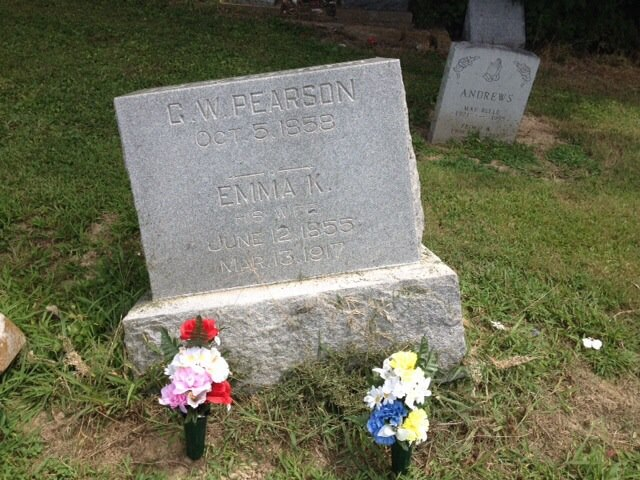When my Grandma Margaret started school in about 1922, she related to me decades later that she didn't have much English" as her parents, siblings and other relatives spoke exclusively Dutch at home. As her older siblings had already been at school for a while, Grandma must have picked up the occasional English word, but living in a mostly Dutch community (which had also had Dutch schools for the children for some time) made it easier for the people to preserve their culture and their language.
However, shortly after my grandmother was born, World War I began, and U.S. hostilities toward those with German ancestry had already been on the rise. A 2018 article in the Des Moines Register by Bryce Bauer and Dan Manatt gives details of former Iowa Governor William Harding's "Babel Proclamation" proclaiming English as Iowa's official language.
Harding's proclamation banned the use of foreign languages in schools and in "conversations in public places", as well as use in religious services. The governor didn't appear to consider that was far from any German wartime activities, and that the state's citizens had fled their homeland to escape its government and policies. Throughout Iowa, teachers were fired for teaching German. Some towns even changed their names. German beer gardens and social clubs were shuttered. Banks and German newspapers were vandalized, and fewer than a third of the newspapers were still active after the war. German books were thrown into fires across the state.
In one town, an immigrant farmer was tortured. In another town, a German Lutheran minister only escaped lynching when his wife collapsed at the prospect. Prohibition, enforced with the 18th Amendment, had been pushed in large part by the hatred of German-Americans and their breweries in Iowa. Prohibition was being enforced in Iowa by 1916.
In 1920, the U.S. Supreme Court struck down a Nebraska language ban (Meyer vs. Nebraska) and by association, the Babel Proclamation.
Clinging to one's heritage and language, then being told that the latter was a crime, affected the Dutch as well as the Germans. The governor hadn't been satisfied and even expanded his edicts to include Danish-Americans as well. This discrimination was surely heartbreaking to my great-grandparents, and confusing for their children. Watching sons or nephews who were old enough to be at risk of being shipped overseas to the fighting would have been an additional angst.
When I was in late elementary school, I remember checking out grade level pictoral dictionaries from the school library and asking Grandma to teach me some of the words. At that point, she remembered only the most scant words, but we were able to teach my children, many years later to recite a family favorite: "War ist da grunthe winkel?" Loosely, this is "Where is the green grocer?"




No comments:
Post a Comment